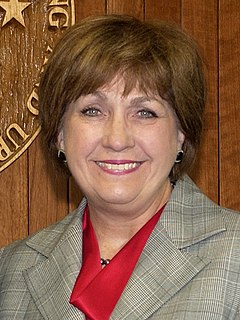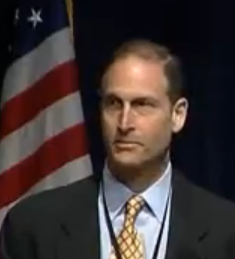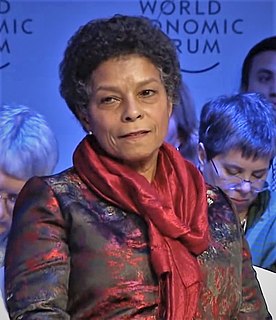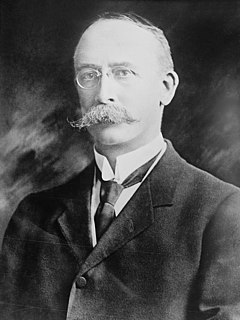A Quote by Kathleen Blanco
I care for you. I want to make life safer and better for you.
Related Quotes
But the question is, do we care enough? Do we care enough to keep standing up for the country that we know is possible, even if it's hard, and even if it's politically uncomfortable? Do we care enough to sustain the passion and the pressure to make our communities safer and our country safer? Do we care enough to do everything we can to spare other families the pain that is felt here today?
Unlike traditional nursing homes, Green House homes provide elders with a high quality of life and quality of care in a setting that feels like a real home. By altering the facility size, interior design, staffing patterns and service-delivery method, the Green House model provides residents better, safer and more personalized care.
My mentality is like a samurai they used to train every day, work on their technique to make themselves better, almost perfect, perfection is impossible but every day you get closer and that's what I want . Every day I want to get better than I was the day before. I want to use every second of my life, every time I have in my life to make me a better fighter. It's more than a job it's a way of living.
I've never met a person who does not want a safer world, better medical care and education for their children, and peace with their neighbours. I just don't meet those people. What I meet, over and over again, as I travel around, is that the essential human condition is optimistic - in every one of these places.
It takes courage to care for others, because people who care run the risk of being hurt. It's not easy to let your guard down, open your heart, react with sympathy or compassion or indignation or enthusiasm when usually it's much easier-and sometimes much safer-not to get involved. People who take the risk make a tremendous discovery: The more things you care about, and the more intensely you care, the more alive you are.
Here's what I learned as a mayor and a governor. The way you make communities safer and the way you make police safer is through community policing. You build the bonds between the community and the police force, build bonds of understanding, and then when people feel comfortable in their communities, that gap between the police and the communities they serve narrows. And when that gap narrows, it's safer for the communities and it's safer for the police.

































